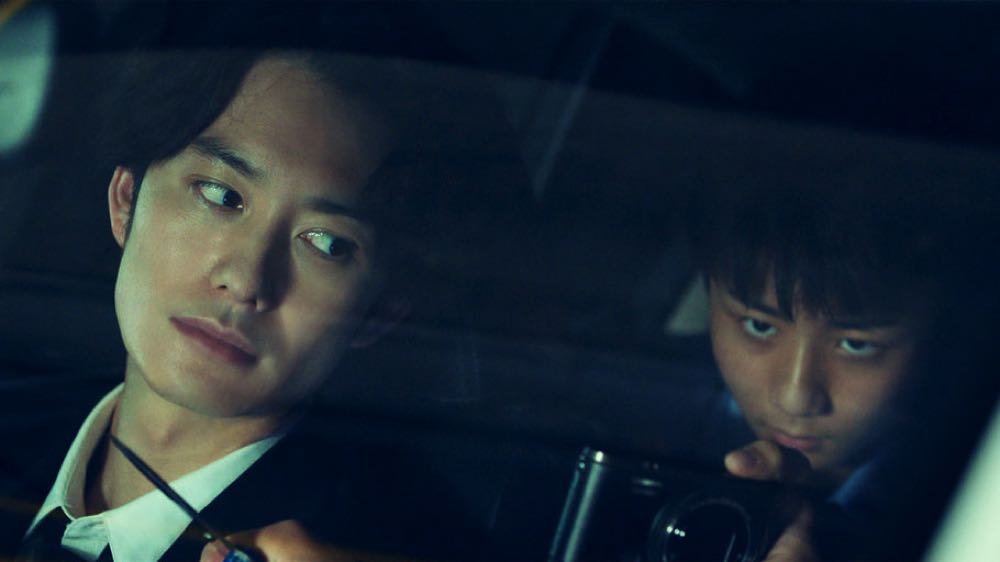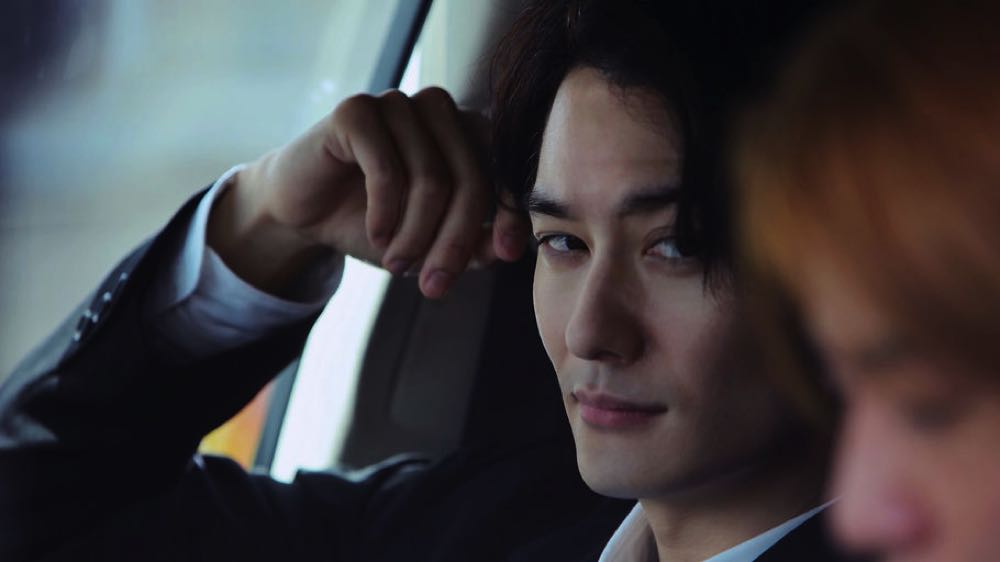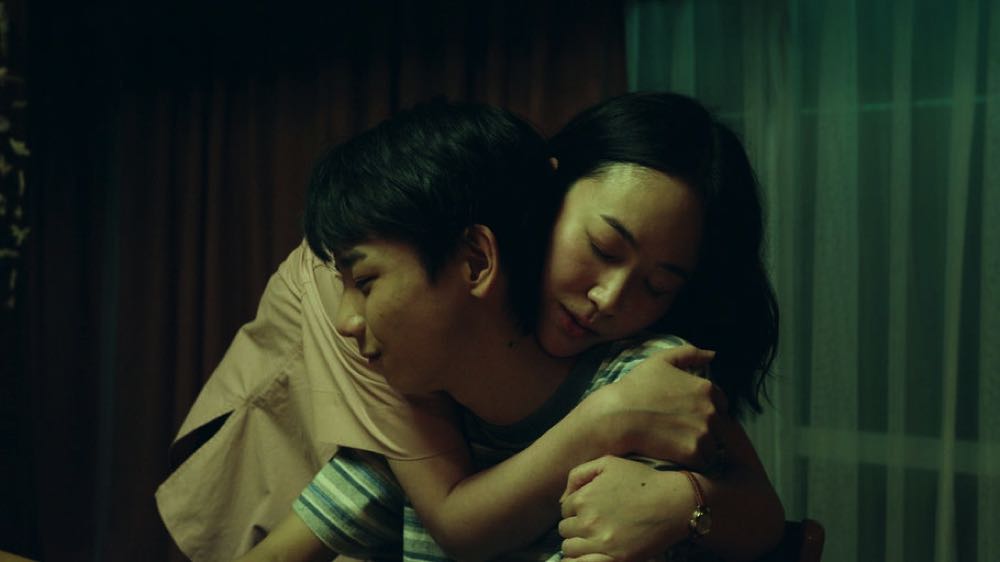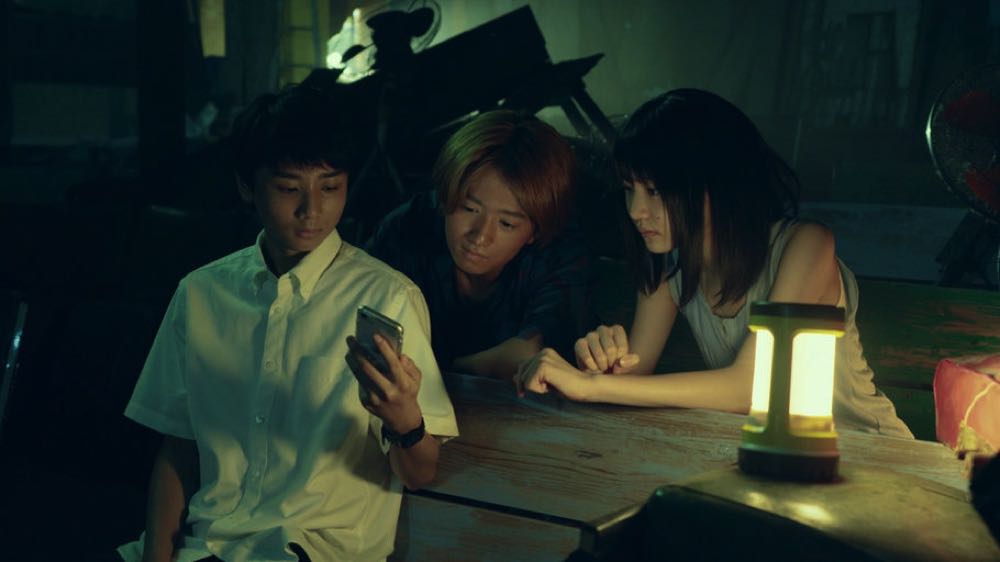by Brian Hioe
語言:
English
Photo Courtesy of GOLD BOY
This is a No Man is an Island film review written in collaboration with Cinema Escapist as part of coverage of the 2024 New York Asian Film Festival. Keep an eye out for more!
GOLD BOY IS A middling film at best. This is a shame, as it wastes what would have otherwise been an engrossing premise.
Set in Okinawa, Gold Boy follows thirteen-year-old honors student Amuro Asahi. Amuro’s longtime friend Hiroshi Uema and his adoptive sister Natsuki Uema reenter Amuro’s life after Natsuki stabs her adoptive father in self-defense from an attempted sexual assault. Amuro provides them shelter, while the Uema siblings ponder whether they might have killed their father.
As it quickly transpires, they have not. Still, the troubled children stay with Amuro, while pondering their next move. In the meantime, Amuro faces accusations that he, in fact, killed another honors student at the same school who killed herself over being unable to compete with him academically.

Photo courtesy of GOLD BOY
The trio of thirteen-year-olds then unexpectedly happens across an actual murder while out wandering one day, accidentally photographing a man throwing two other people off a cliff. This turns out to be a local man named Noboru Higashi, who has murdered his wealthy in-laws—from an influential local family—under the guise of an accident. Deciding that Noboru probably killed his in-laws for their money, the trio decides to blackmail him, concluding that the wealth of the Higashi family is the way out of their respective dilemmas.
This is what brings the trio into a collision course with Noboru, who is set up as a parallel character to Amuro. Even as the trio initially feels disgusted with the world of adults, they find themselves increasingly in morally questionable territory.

Photo courtesy of GOLD BOY
Though there is much potential in a story pitting children versus adults, the clumsiness of Gold Boy stems from its repeated overuse of similar plot elements. It proves somewhat improbable, after all, for a group of children to be implicated in attempted murder or murder accusations from the get-go, then to encounter another murder simply by chance.
Likewise, another failing of the movie is the lack of chemistry between its protagonists. Or, quite simply, it may be that the characters are not sufficiently well-written. Hiroshi and Natsuki come off as relatively one-dimensional, with Hiroshi mostly characterized by his gullibility and Natsuki by the crush she develops on Amuro.

Photo courtesy of GOLD BOY
Though Noboru and Amuro are set up as parallel characters, the two do not have much chemistry either. Noboru’s apparent preternatural skill in conducting murders also undercuts any sense of realism Gold Boy has as a crime drama. And ultimately, the motives of both characters are relatively opaque.
Gold Boy is not the only Japanese movie in recent memory to juxtapose children and adults amidst implications of murder, with 2023 film Dead Fishes as another example. Still, Gold Boy proves a less successful effort in this vein, due to the unserious underpinnings of its plot, and its poorly realized characters. One comes away from the movie feeling that one has wasted one’s time.



